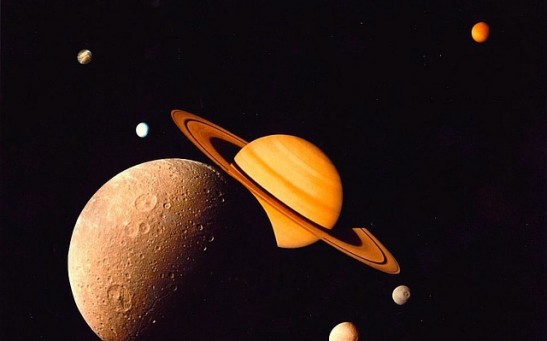moons
Primordial Black Holes May Alter Earth’s Orbit, Cause Planets and Moons Near Us to Wobble
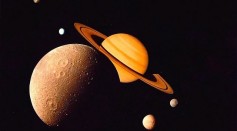
62 New Moons Discovered Orbiting Saturn, Totaling to 145 and Overthrowing Jupiter's Record
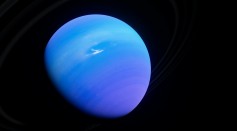
Uranus' Moons May Have Oceans Warm Enough To Support Life, Suggesting Should Look Into Them
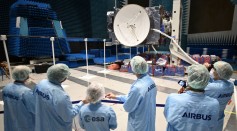
Juice Satellite Set To Launch This Week To Investigate Jupiter's Large Ocean-bearing Moons
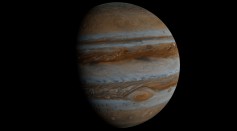
'Baby Jupiter' May Have Dried Out Its Moons Due Its Brightness; Findings Shed Light on the Composition of Galilean Satellites
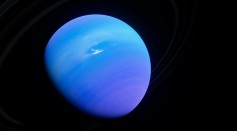
Two Uranus Moons Might Be Harboring Active Oceans That Release Materials to Space, Research Suggests
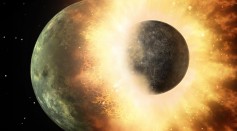
Killer Moons Might Be Crashing on Their Host Planets, Wiping Out Chances of Life to Survive
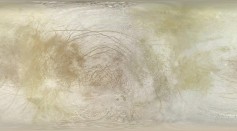
Two Newly Discovered Forms of Salt Water Ice May Exist on Faraway Moons; What Could This Imply?
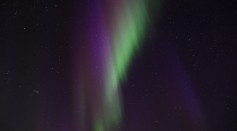
Previously Unseen Auroras Found Dazzling Over Galilean Jupiter Moons; What Are These Ethereal Glows?
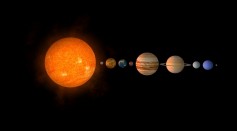
Hypothetical Planet X: What If the Neptune-Sized Giant Has Moons?
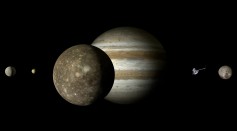
Jupiter Now Has Total of 92 Moons After Astronomers Found 12 New Ones; Where Did They Come From?
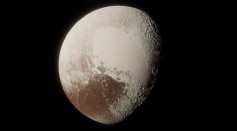
Scientists Still Consider Pluto A Planet, Identify 150 Planets In The Solar System
What’s Causing the Tilt on Saturn’s Rotation Axis?
Jupiter will Appear Bigger and Brighter this June 10
Most Popular

How Technology Is Changing the Real Estate Industry?

How a Plant-Based Diet Can Protect Against Breast Cancer: Insights from Nutrition Research

Study Reveals High Turnover in Scientific Research Careers: What This Means for Future Scientists

Why It's So Difficult to Lose Weight: The Biological Explanation Behind Obesity

